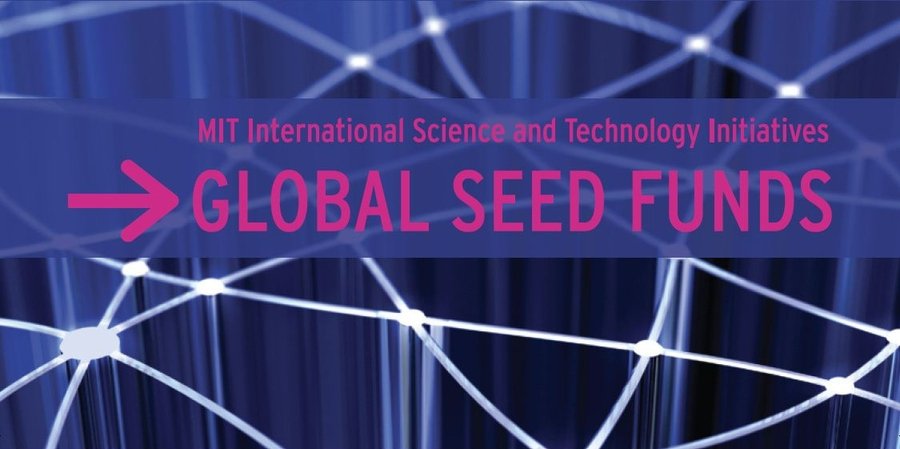During 2022-23 GSF funding cycle, an impressive 168 proposals were submitted, underscoring widespread enthusiasm and dedication of faculty and research scientists across the Institute.

In an era of global interconnectivity, promoting international collaboration is essential for tackling complex challenges and advancing scientific frontiers. The MIT Center for International Studies’ Global Seed Funds (GSF) program has emerged as a crucial catalyst, enabling MIT faculty to engage in cross-border collaborations, fueling innovative research projects, and yielding groundbreaking solutions.
Since its inception in 2008, the GSF program has facilitated transformative global research partnerships by providing access to resources and perspectives beyond MIT’s Cambridge, Massachusetts campus. The program encompasses a general fund applicable to any country, along with several country, region, and university-specific funds.
During the 2022-23 GSF funding cycle, an impressive 168 proposals were submitted, underscoring the widespread enthusiasm and dedication of faculty and research scientists across the Institute. Ultimately, 91 projects were selected, amounting to over $2.1 million in funding. This year’s awards build upon GSF’s legacy of support, having funded 1,204 projects totaling $24.7 million over its 15-year existence.
The GSF program serves as a linchpin in establishing valuable connections between MIT and leading research institutions worldwide. These partnerships often extend beyond the initial project, leading to sustained collaborations that address critical challenges requiring global solutions.
Research outcomes from seed fund projects frequently result in published papers, while early findings attract additional funding and industry partners, further amplifying the research’s impact. Acting as a springboard for long-term collaborations, the GSF program sets the stage for future joint projects, fortifying the global network of innovation and knowledge exchange.
One recent research effort, published in Nature, was partly funded through the general pool awarded to Canan Dagdeverin, an associate professor at the MIT Media Lab. The team developed a conformable sensory interface attachable to the inside of any user-supplied face mask.
Integrating wearable electronics into masks holds great promise for monitoring personal and public health, particularly in the context of infectious diseases and environmental conditions. This research underscores the GSF program’s recognition of the potential to address real-world challenges and advance knowledge and technology.
The program also provides students with significant educational opportunities. With a majority of GSF teams including students, the program contributes to MIT’s educational mission and fosters intercultural learning.
Students actively participate in cutting-edge research, acquiring valuable skills and contributing to groundbreaking discoveries. Their involvement transcends laboratory experiences, enriching their comprehension of global challenges and shaping their future careers.
For instance, MIT students collaborating with 2020 MIT-Israel Zuckerman STEM Seed Fund awardee Leo Anthony Celi participated in a datathon and worked actively with their teams for two days.
Celi, a senior research scientist at the MIT Institute for Medical Engineering and Science, emphasizes that the diverse teams not only learned about developing algorithms using real-world health data but gained crucial perspectives on health and disease from multiple angles.
After 15 years of successful operation, the GSF program continues to adapt to the evolving landscape of global research. By fostering interdisciplinary collaborations, championing diversity, and addressing pressing societal issues, the program is integral to MIT’s commitment to global engagement.
Through these seed funds, faculty members and students are empowered to push the boundaries of scientific discovery, nurture global connections, and contribute to a more interconnected and collaborative world.
The next call for proposals is set to launch on Sept. 12, expanding to include new funds in additional countries, such as Armenia, Brazil, India, and Norway, among others.